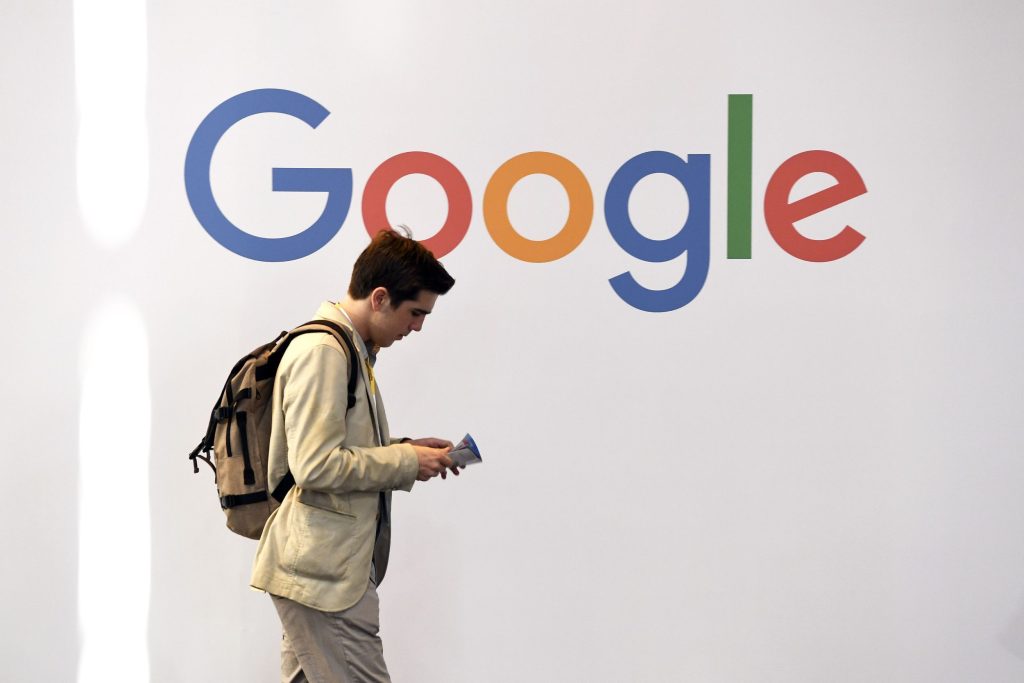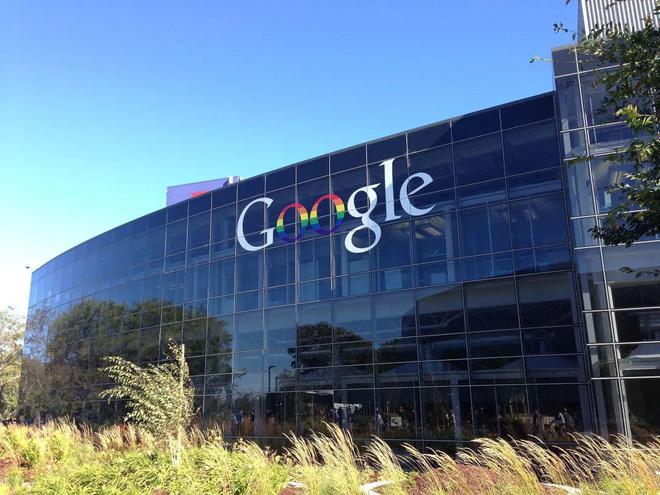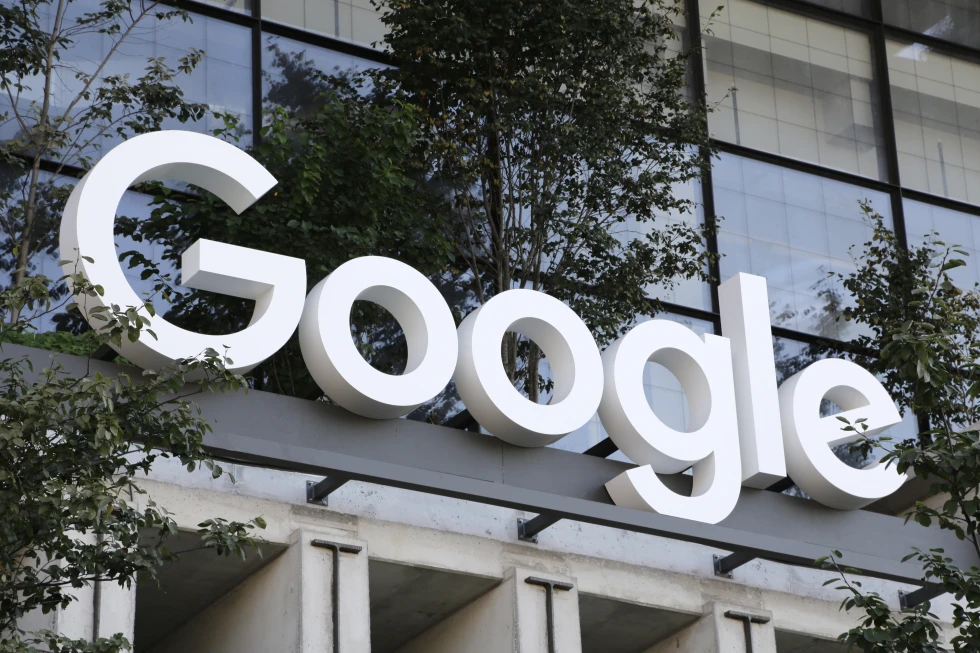In recent news, Google has reached a significant settlement agreement amounting to $700 million, along with other concessions, to address allegations of anti-competitive behavior within its Android app store.
This settlement comes in the wake of a high-profile trial that shed light on the tech giant’s business practices, potentially paving the way for substantial changes in the app store landscape.
The terms of the settlement, which were previously undisclosed, have now been unveiled, marking a pivotal moment in the ongoing discourse surrounding competition and consumer welfare in the digital marketplace.
The agreement, reached between Google and state attorneys general in September, has garnered attention for its far-reaching implications.
The $700 million settlement includes a substantial sum of $630 million earmarked for compensating U.S. consumers who were allegedly affected by a payment processing system employed by Google.
This system, as asserted by state attorneys general, purportedly led to inflated prices for digital transactions within apps obtained from the Play Store, the primary platform for Android software.
Analogous to Apple’s practices in its iPhone app store, Google imposes commissions ranging from 15% to 30% on in-app purchases, a revenue stream that has contributed significantly to the company’s annual profits.
The settlement’s unveiling has reignited discussions surrounding the fairness and transparency of app store ecosystems, particularly with regard to the impact on consumers and developers.
The allegations of stifling competition and driving up prices have underscored the need for scrutiny and potential regulatory intervention in the digital marketplace.
Moreover, the parallels drawn between Google’s Play Store and Apple’s app store highlight broader concerns about the dominance of major tech companies and the extent of their control over app distribution and monetization.
In light of the recent trial that culminated in a jury’s rebuke of Google’s anticompetitive tactics, the $700 million settlement signals a pivotal moment in the ongoing debate over the regulation of app store practices.
The substantial financial compensation allocated for affected consumers underscores the gravity of the allegations and the potential repercussions for Google’s business model.
Furthermore, the disclosure of the settlement’s terms serves as a catalyst for broader discussions on competition, consumer protection, and the power dynamics within the digital economy.
The ramifications of this settlement extend beyond the immediate financial implications for Google, as they have far-reaching implications for the broader tech industry.
The heightened scrutiny of app store practices and the potential precedent set by this settlement could prompt other major players in the digital ecosystem to reassess their business models and practices.
Additionally, the disclosure of the settlement terms may catalyze further regulatory scrutiny and legislative action aimed at fostering a more competitive and consumer-friendly environment within app stores.
In response to the settlement, industry stakeholders, including app developers, consumer advocacy groups, and regulatory bodies, are likely to closely monitor the unfolding developments.
The potential ripple effects of this settlement on app store policies, revenue-sharing models, and competition dynamics are poised to shape the future landscape of digital commerce and consumer welfare.
As such, the implications of this settlement warrant sustained attention and analysis from both industry insiders and policymakers alike.
In conclusion, Google’s $700 million settlement and the revelations surrounding its terms have reignited discussions on competition, consumer protection, and the regulation of app store practices.
The implications of this landmark agreement extend beyond financial compensation, resonating with broader debates on market fairness, antitrust enforcement, and the evolving dynamics of the digital economy.
As the tech industry grapples with the aftermath of this settlement, the potential for transformative changes in app store governance and competition policy looms large, underscoring the significance of this development in shaping the future of digital commerce.
In summary, the $700 million settlement and its implications serve as a compelling focal point for ongoing deliberations on app store competition, consumer welfare, and the regulatory landscape.
As stakeholders across the industry and regulatory spectrum navigate the fallout of this settlement, the stage is set for a paradigm shift in the governance and oversight of app store ecosystems, with far-reaching consequences for market dynamics and consumer interests.
The recent settlement promises eligible consumers a minimum of $2, with the potential for additional payments based on their spending on the Play store between Aug. 16, 2016, and Sept. 30, 2023.
An estimated 102 million U.S. consumers who made in-app purchases during this period are expected to be automatically informed about the various options available for claiming their share of the settlement.
Additionally, $70 million of the pre-trial settlement will cover penalties and other costs that Google is obligated to pay to the states.

Although Google is paying a substantial sum, it pales in comparison to the $10.5 billion in damages that the attorneys general estimated the company could have faced had the case gone to trial.
Furthermore, Google has agreed to implement changes that will facilitate easier access for consumers to download and install Android apps from sources other than its Play Store for the next five years.
This includes a commitment to reducing the frequency of security warnings, or “scare screens,” when users opt for alternative platforms.
Moreover, developers of Android apps will have greater flexibility in offering alternative payment methods to consumers, rather than being tied to the Play Store’s commission system.
They will also be able to promote lower prices for consumers choosing alternative payment processing. Despite these developments, investors appeared unperturbed by the settlement, as shares in Google’s parent company, Alphabet Inc., saw a slight rise during midday trading on Tuesday.
Connecticut Attorney General William Tong emphasized that the settlement sends a resounding message to Big Tech, underlining the collective authority of attorneys general across the country to ensure fair access to the digital marketplace.
On the other hand, Wilson White, Google’s vice president of government affairs and public policy, portrayed the deal as a positive step for the company, highlighting that it builds on Android’s choice and flexibility, maintains robust security measures, and enables Google to continue competing with other software providers while investing in the Android ecosystem for users and developers.
The recent settlement between Google and the US states, along with consumers, has sparked varied reactions, highlighting the complexities of the legal landscape and the implications for the tech industry.
While the state attorneys general have lauded the settlement as a significant win for consumers, it has faced criticism from Epic Games, the driving force behind the challenge to Google’s app store practices.
Epic Games, renowned for its popular Fortnite video game, opted to reject the settlement, choosing instead to pursue its case through trial.
Despite encountering setbacks in a similar trial against Apple, Epic proceeded with its legal battle, emphasizing the importance of their cause.
The decision to contest the settlement underscores their commitment to seeking substantial changes within the app ecosystem.
The previous legal proceedings against Apple resulted in a federal judge’s ruling, which favored Epic, affirming that Google had erected anti-competitive barriers within the Play Store.
Google’s intention to appeal this verdict indicates a protracted legal struggle, with potential far-reaching consequences for the tech giant.
Corie Wright, Epic’s vice president of public policy, criticized the settlement, characterizing it as a mere one-time financial settlement that fails to provide meaningful relief for consumers or developers.
This sentiment underscores the dissatisfaction with the current outcome and the desire for more comprehensive reforms within the app marketplace.
The decision by the attorneys general to settle was influenced by the perceived risks associated with a trial, including concerns about the potential perception of their requested damages as excessive.
Moreover, the complexity of presenting their case alongside Epic’s claims in a trial further contributed to the decision to settle.
Looking ahead, the outcome of the Epic trial raises the prospect of Google facing additional financial penalties and being compelled to implement substantial changes within its Android app ecosystem.
The impending determination of these changes by U.S. District Judge James Donato, who presided over the Epic Games trial, underscores the ongoing legal ramifications for Google.
Epic Games has expressed its commitment to seeking meaningful remedies to foster genuine competition within the Android ecosystem, emphasizing the potential benefits for consumers and developers as envisaged by U.S. antitrust laws. This pledge underscores the enduring pursuit of comprehensive reforms within the tech industry.
Beyond the app store settlement, Google faces a formidable legal challenge in an antitrust case targeting its dominant search engine, which forms the cornerstone of a digital ad empire generating substantial annual revenue.

The impending trial against the Justice Department underscores the broader legal battles confronting Google, highlighting the multifaceted nature of the legal challenges within the tech industry.
In conclusion, the recent settlement and the subsequent reactions from Epic Games and other stakeholders underscore the intricate legal landscape and the ongoing quest for substantial reforms within the tech industry.
The ramifications of these legal battles reverberate beyond the immediate financial settlements, emphasizing the enduring impact on competition, consumer welfare, and the broader tech ecosystem.
